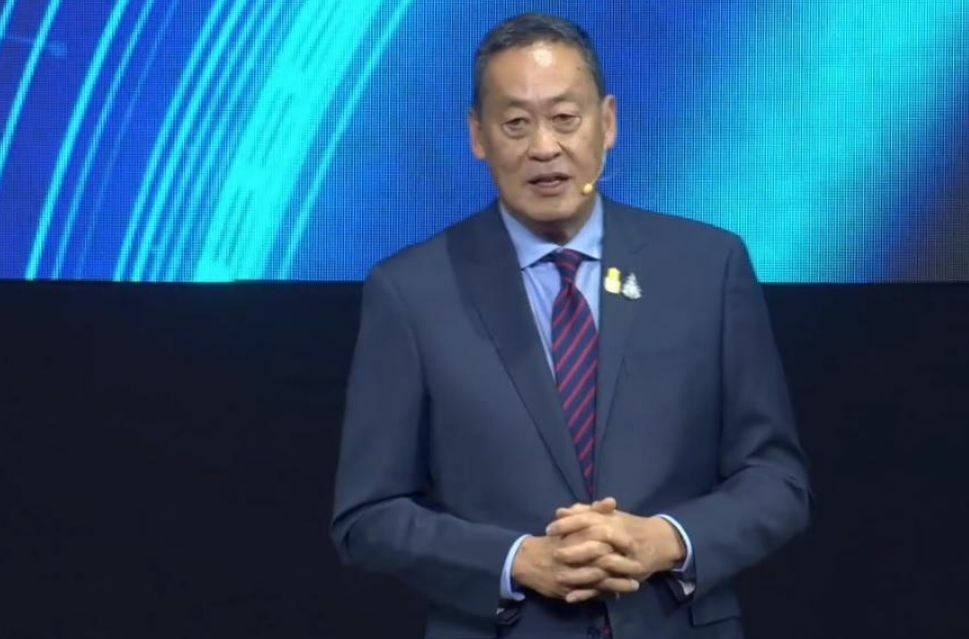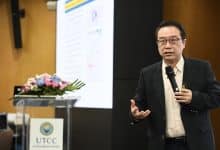Thai economy rebound: PM unveils bold plan to tackle challenges

Prime Minister Srettha Thavisin outlined a comprehensive plan to tackle pressing economic issues in Thailand spanning agriculture, industry, and debt-related concerns. He unveiled his intentions during a keynote speech at The Standard Economic Forum, stating that the Thai economy’s current state is a subject of contention between himself and the Bank of Thailand’s governor.
Despite the debate, the Thai PM expressed confidence that the majority of Thai citizens recognise economic conditions are poor. The government has undertaken various initiatives to alleviate living costs, including a reduction in electricity and diesel prices, a farm debt moratorium and a visa-free scheme for visitors from China and Kazakhstan to reinvigorate the deteriorating Thai economy.
The 61 year old prime minister highlighted the country’s mounting household debt as a critical economic issue. A plan to combat black-market debt is expected to be announced on November 28, while formal debt issues will be addressed on December 12.
Informal debt has long been a problem in Thailand, growing more severe over the past two decades. The interest rates on these loans often exceed legal rates, leading vulnerable groups to resort to extreme measures.
The Thai PM also outlined plans to alleviate farming, water management, and debt issues. A new policy aiming to triple farmers’ income within four years will be announced in mid-February 2024.
This policy will include a water crisis prevention and mitigation plan, new market development for agricultural products, value chain management, and suppression of illegal agricultural product imports.
Reviving Thai Economy
Regarding water management, PM Srettha stressed the urgency of comprehensive water resource management in agriculture and disaster management to support food and livelihood needs. He also noted the potential for Thailand to become a regional hub for IT and semiconductor production expansion, given its critical water resources.
In collaboration with the Rice Department, the government plans to expedite the development of new rice varieties to meet market demand and enhance export competitiveness. The Bangkok-born PM highlighted that Thai rice farmers’ yield is significantly lower compared to China and Vietnam, indicating room for significant improvement.
The Thai prime minister also expressed the need to increase soybean production for consumption and industrial purposes, as Thailand only produces 1% of the domestically used soybeans. He also emphasised the need to improve soil fertility for rubber plantations, reported Bangkok Post.
The Thai premier concluded by mentioning a forthcoming large workshop in mid-February next year aimed at utilising technology for the production and distribution of agricultural products, which would help reduce the role of intermediaries and increase farmers’ income.
This plan aligns with his recently unveiled proactive diplomacy strategy, which seeks to stimulate trade, investment and tourism while enhancing Thailand’s global influence.
Latest Thailand News
Follow The Thaiger on Google News:


























